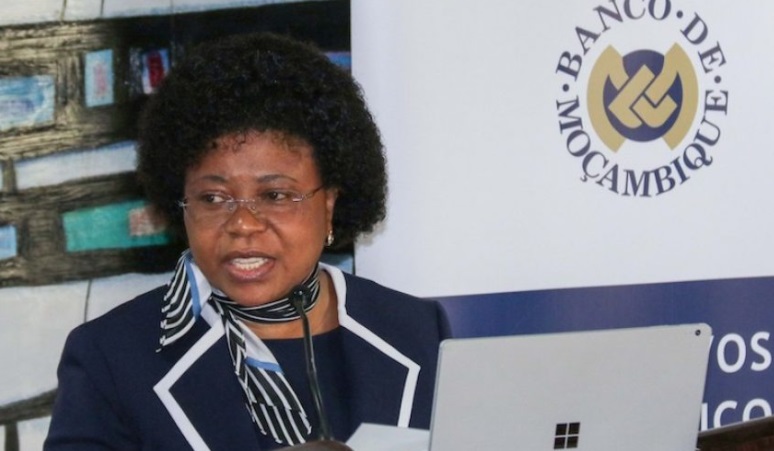Mozambique: Credit to economy falls 2% in June
New bank payment network enters “into production” in Mozambique and includes replacing millions of bank cards and thousands of POS and ATMs – @Verdade

Photo: A Verdade
More than two years after the blackout of the country’s principal bank payment network, the Bank of Mozambique announced “the entry into production” of the new SIMO network processing solution. The new network has no deadline for unifying all commercial banks, it requires the switching of millions of bank cards, and of tens of thousands of POS and ATTMs – with the new costs being borne by Mozambicans on top of the US$10 million initially charged by the American company Euronet.
“It is with great satisfaction that we announce that a new journey is beginning towards the unification of all electronic payment platforms in Mozambique, including the implementation of interoperability between electronic money institutions MPesa, E-Mola and Mkesh,” the chairperson of the Board of Directors of Sociedade Interbancária de Moçambique (SIMO), Benedita Guimino, announced this Monday (14).
In a ceremony that was meant to be held simultaneously in Maputo and Little Rock, Euronet’s headquarters in the United States, but where a poor connection left the Euronet boss talking alone, the SIMO chairperson admitted that “the entry into production of the new processing solution” does not mean that the new payment network is already linked to the 59 credit institutions operating in the Mozambican financial system.
“The work of coding with the different systems of the banks is already at a very advanced stage. The work of unification, that is, the migration of the platforms of commercial banks to this system, involves certain requirements, many of which have already been satisfied,” Guimino added, citing as examples the completion of certification with international VISA and Mastercard standards.
Responding to questions from @Verdade, the Chairperson of Sociedade Interbancária de Moçambique clarified that “each bank has its migration plan, which means that, with variations and with some interaction, and the usual collaboration, we hope that all banks will soon be connected”.
Guimino also explained to @Verdade that “the bulk of access points in Mozambique is obsolete – even without looking at the case of our system – which means that there are certifications which have now expired. We are trying to see if we can, together with international payment systems, migrate under these conditions, and that banks can make the switch later”.
@Verdade established that the approximately five million bank cards in use in Mozambique will have to be replaced, as well as the just over 50,000 point of sale (POS) equipment and the approximately two thousand automatic teller machines (ATMs), at a cost which commercial banks will certainly pay, but will also be reflected in the cost of money and financial services in Mozambique.
By Aderito Caldeira












Leave a Reply
Be the First to Comment!
You must be logged in to post a comment.
You must be logged in to post a comment.